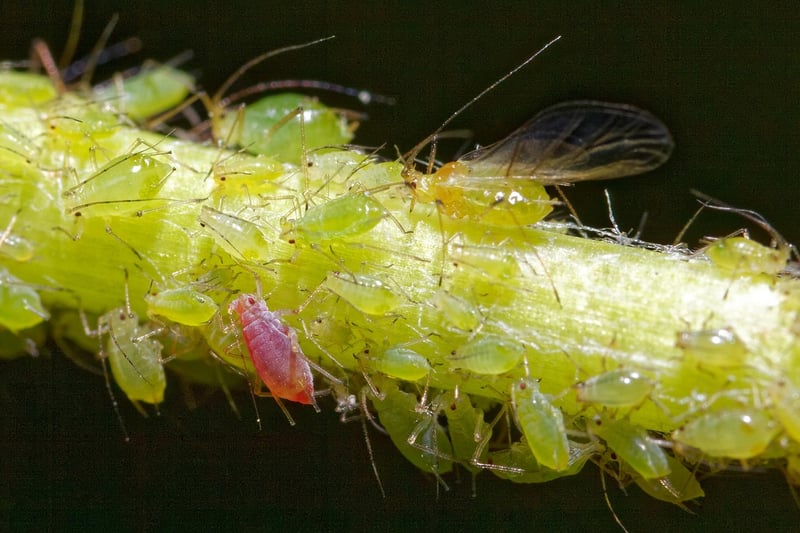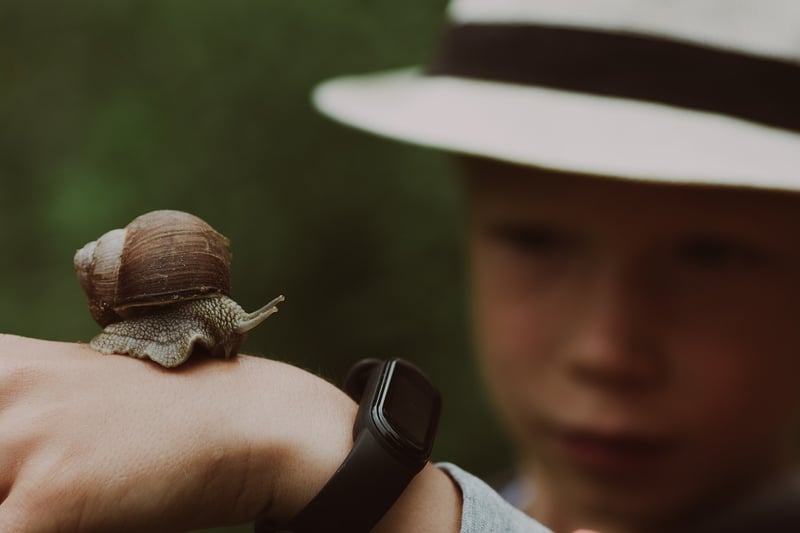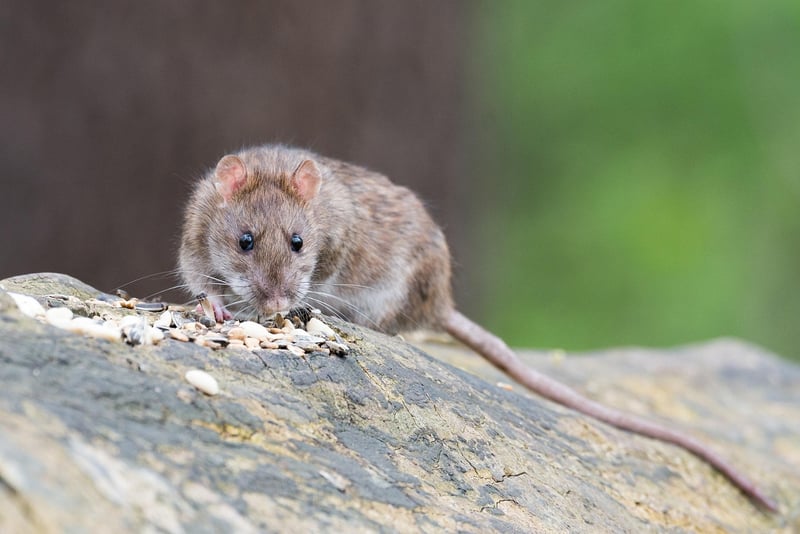Preventative Measures
Dealing with Garden Pests in Cities + Preventative Measures
Introduction
Urban gardening has become increasingly popular as more city dwellers embrace the joys of growing their own plants and vegetables. However, one common challenge that urban gardeners face is dealing with garden pests that can wreak havoc on their plants. In this article, we will discuss common garden pests in cities and effective preventative measures to keep your urban garden thriving.
Common Garden Pests in Cities
Urban environments provide a unique set of challenges when it comes to pest management. Some of the most common garden pests in cities include:
- Aphids
- Whiteflies
- Slugs and snails
- Squirrels
- Rats and mice
- Caterpillars
Preventative Measures
1. Natural Predators
Encourage natural predators like ladybugs, lacewings, and birds in your garden. These beneficial insects and animals can help keep pest populations in check.
2. Companion Planting
Planting certain herbs and flowers alongside your vegetables can help deter pests. For example, marigolds can repel aphids, while basil can deter mosquitoes.
3. Neem Oil
Use neem oil, a natural insecticide, to control common garden pests. Neem oil is safe for plants and helps disrupt the feeding and reproduction of many insects.
4. Physical Barriers
Protect your plants with physical barriers like row covers or netting to prevent pests like birds and squirrels from damaging your crops.
5. Regular Maintenance
Regularly inspect your plants for signs of pest infestations and take action promptly. Remove any affected leaves or plants to prevent the spread of pests.
Conclusion
By implementing these preventative measures and staying vigilant, you can effectively manage garden pests in your urban garden and enjoy a bountiful harvest of fruits, vegetables, and flowers. Remember that a healthy garden is a happy garden!



